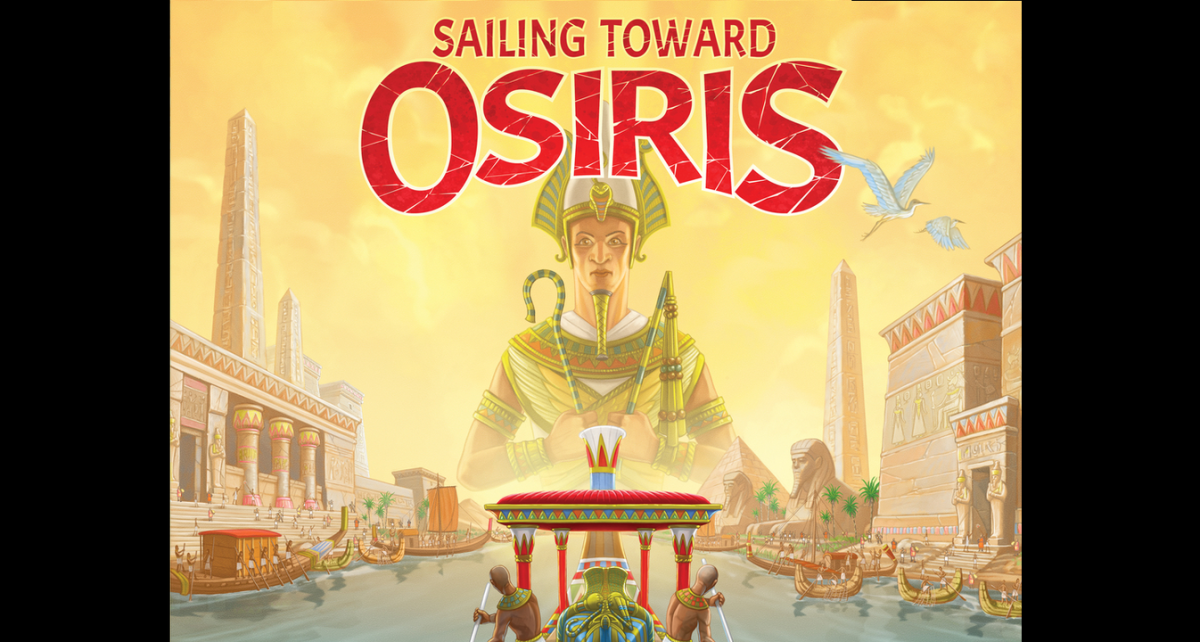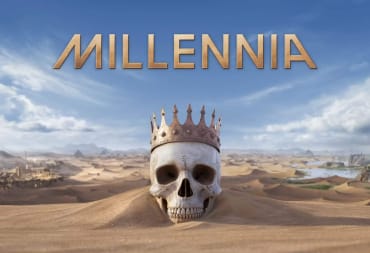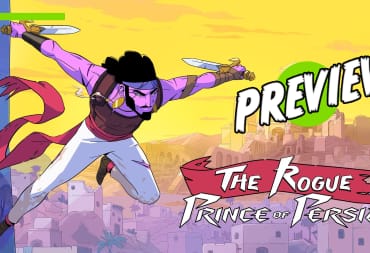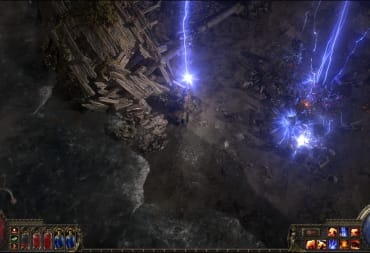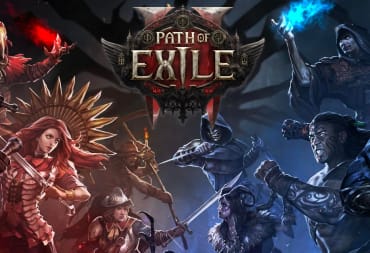Daily Magic Games wasn't really on my radar until I happened to stop by their booth at PAX Prime last year and played a short demo of ManaSurge. I'm certainly glad I did, because I've since been impressed by the quality of their games, both in their stellar production values and in the way their games play. While their games aren't the most innovative, it's obvious that the Daily Magic Games crew knows what makes board games fun, and the polish and care that goes into their games shows, even in their pre-production prototypes.
Sailing Toward Osiris, Daily Magic Games' newest project designed by W. David MacKenzie, continues the trend of quality that I now expect from them, and it's easily one of the best, if not the best, new Euro games that I've played so far this year. Like many Euro games the theme is a little wacky. In this case Pharaoh has died and as his funerary barge sails down the Nile it is up to the governors of the land (read: the players) to build monuments to his glory in order to gain the most glory and become his successor. Also like many Euro games, the theme takes a back seat to the mechanics, although Sailing Toward Osiris does do a good job of marrying the theme and mechanics in a way that make sense which, while not necessary for a good Euro game, is a really nice touch.
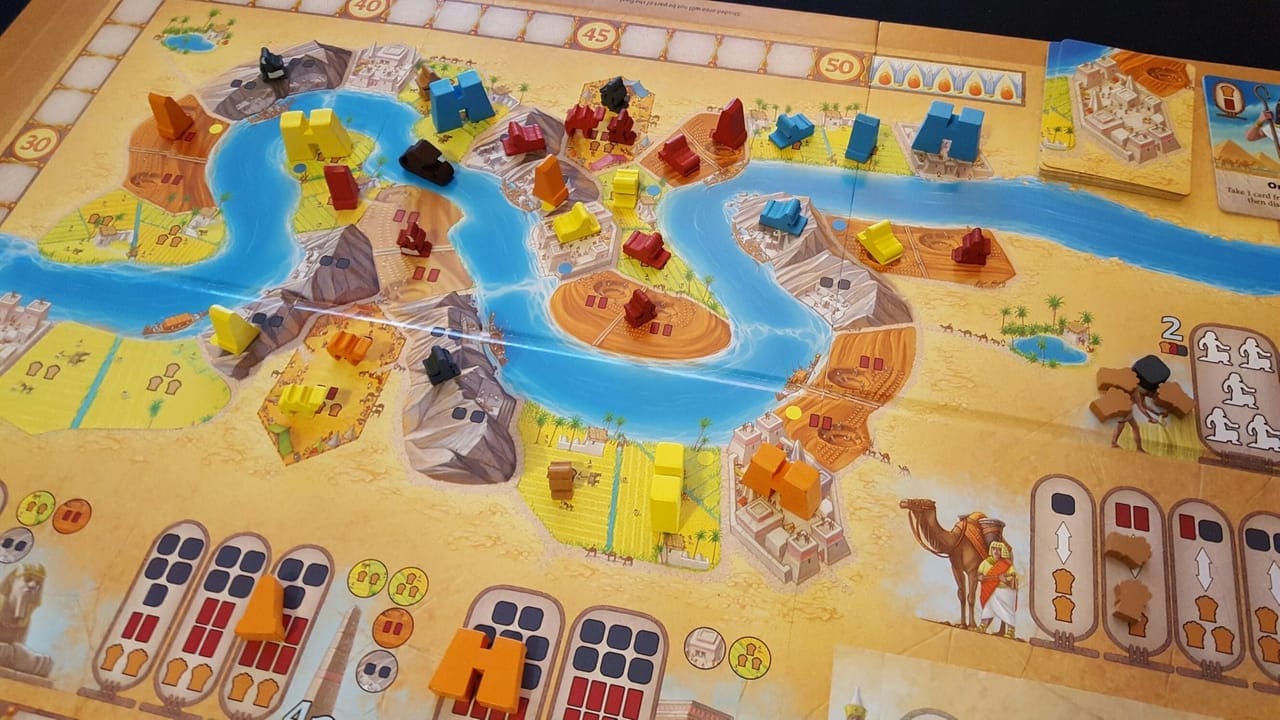
Glory points are, of course, the carrot on the stick, but Sailing Toward Osiris has a few neat tricks that keep the game both interesting and competitive, while also keeping it from falling into the multiplayer-solitaire category that a lot of Euro games sit comfortably in. As a governor, each player will be competing for limited resources, laborers, and real estate on a board that is constantly shifting. Actions are taken quickly, and plans are easy to make, but those same plans can be difficult to follow through to fruition because of the shifting board-state, available resources and available laborers so players need to remain flexible and adaptive in order to be successful.
Sailing Toward Osiris is built upon worker placement with a shifting labor pool. At the beginning of each round players make a blind draw of laborers from a bag. There are three types of laborer, and each type specializes in the acquisition of the game's three primary resources: grain, bricks and stone. The blind draw is one of the main reasons that players need to remain flexible, because you can never be sure what types of laborer you will have access to in a round. Each of the three monument types requires some combination of all three resource types, but it's often the case that the laborer draw will leave you wanting. Rather than being a simple limitation, the random laborer draw serves to keep things interesting and keep players on their toes as it forces players to pay attention to the board, and the actions that their opponents' take.
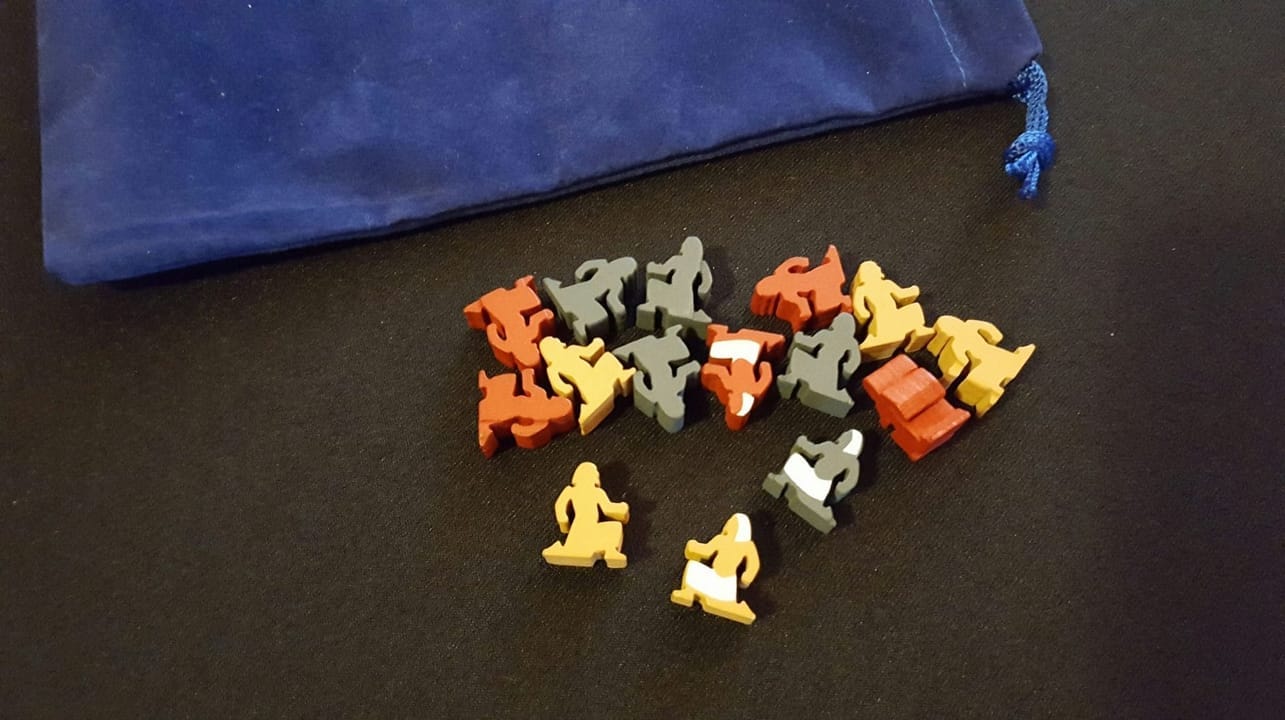
Regular laborers can only be placed on sections of the river where the barge is currently located, or has already been. Master laborers can be placed anywhere, but once a laborer has been placed on a space it blocks access to that space to any other laborers. As monuments are placed on the board, they also block access to the spaces in which they are built, so it's possible, and likely, that the actions you are hoping to take are blocked by your opponents'. There is actually an entire layer of competitive strategy about what to place where, as you can intentionally limit your opponents' options by smart placement of your laborers and monuments, and you can easily have your own options limited.
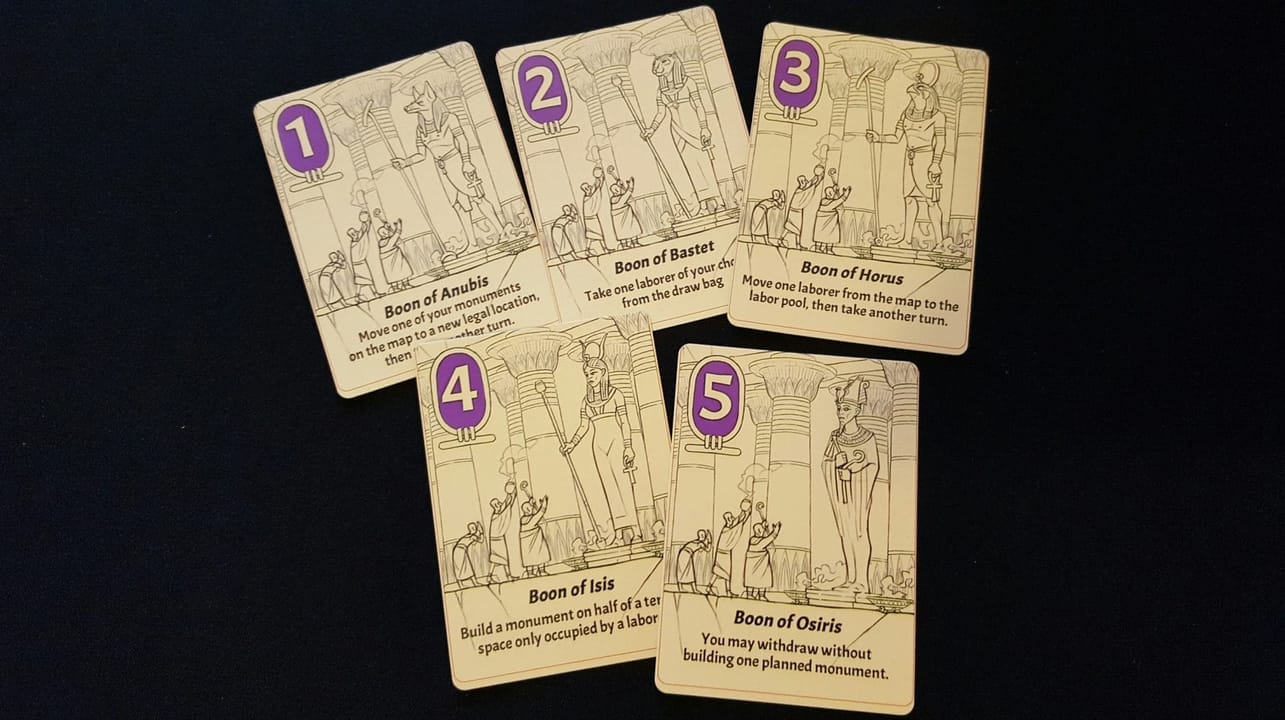
Even though you can block and be blocked on the board, it rarely happens that you run out of options entirely while playing. The board has a labor pool that offers a few laborers for hire, you can send laborers to take part in a caravan, you can trade resources, and there is a deck of City cards that can be used as resources. While the City cards can be played as resources, each has a special action that can be taken that breaks the rules of the game in some way, and it can be a difficult choice for how to play them. Each player also has 5 cards that represent Boons granted by the various gods. Boon cards can be played as an action, but only one of each type of Boon can be played per season, and all boons played are lost at the end of the round. Even with all of the options available to players in order to acquire the resources they need, the resource pool is finite, which is yet another way that players can manipulate their opponent's actions, and some of the actions, such as hiring from the labor pool, entirely removes the resources spent from the game for the duration of that round.
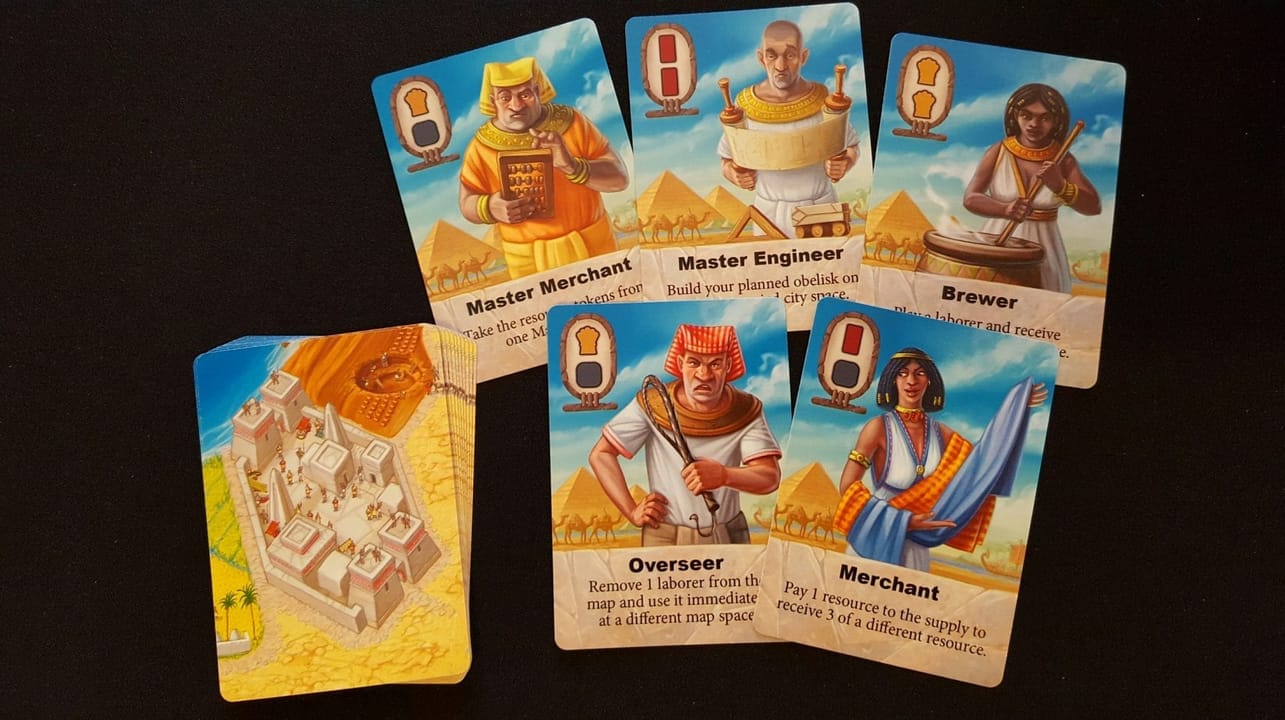
Every single action taken by a player effects every other player in some small way (and sometimes in a major way), which does a great job of keeping players engaged throughout. The pace of the game is rapid as well, as each player only performs one action on their turn. Even when you have your planned action snatched away from you, the plethora of options available usually mean that players can easily adjust on the fly. Haggling among players is allowed at any time, and plays in perfectly with the scarcity of the resource, laborers etc. and gives players even more incentive to interact with their opponents.
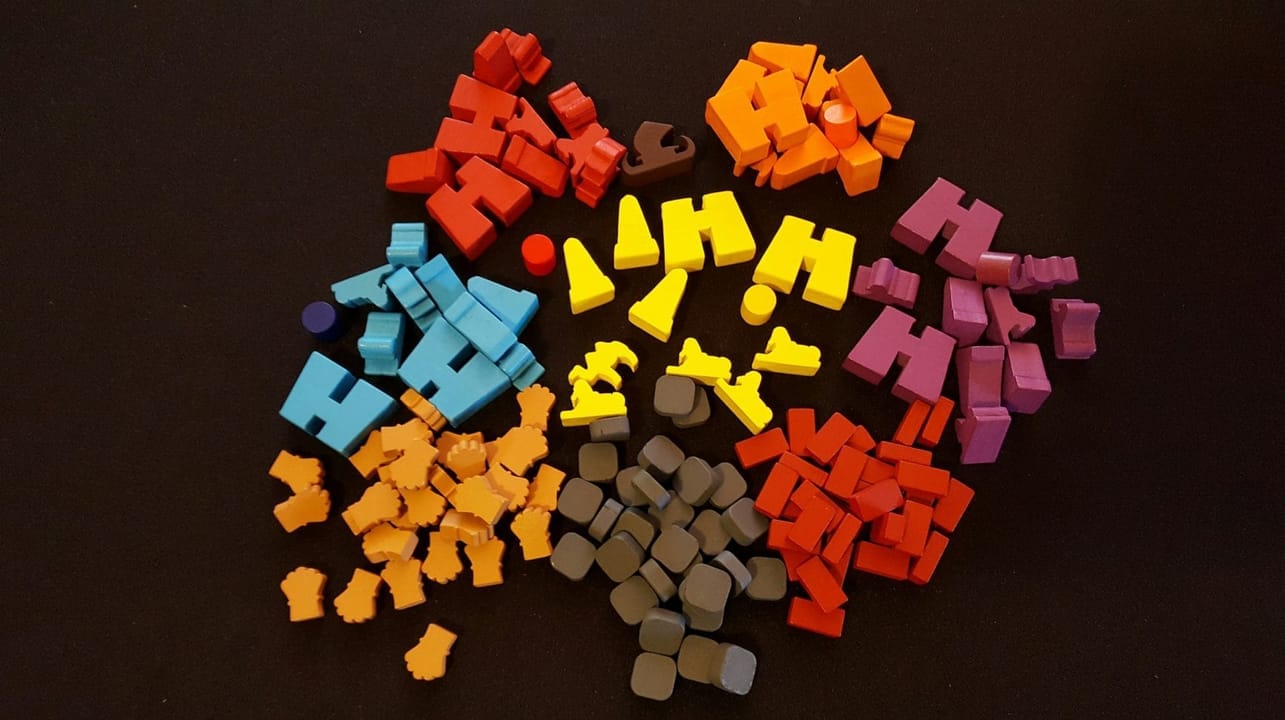
All told, Sailing Toward Osiris combines Euro game elegance with modern sensibilities. While the focus in Euro games is squarely centered on the mechanical aspects rather than the thematic, Sailing Toward Osiris' mechanics are well integrated with the theme, and they make sense in the context of the game. Even though you can't always follow your plans exactly as you lay them out, courtesy of both the random worker draw and your opponents' actions, the need to be aware and adaptable avoids feeling frustrating because there are so many viable options that you never feel forced in one direction, even when your best laid plans hit a bump in the road. That added bit of randomness also adds spice to the negotiation aspect of Sailing Toward Osiris. The game's mechanics, both the random bits and the intentionally limited resources, actively encourage the players to negotiate with one another. Those negotiations really ramp up the amount of player interaction, an aspect that is often lacking in Euro games.
Sailing Toward Osiris is hitting Kickstarter today, so if you are interested I highly recommend pledging for this gem of a game.
The pre-production copy of Sailing Toward Osiris used for this preview was provided by Daily Magic Games.
Previews you can trust: To ensure you're getting a fair, accurate, and informed review, our experienced team spends a significant amount of time on everything we preview. Read more about how we review games and products.
Have a tip, or want to point out something we missed? Leave a Comment or e-mail us at tips@techraptor.net
